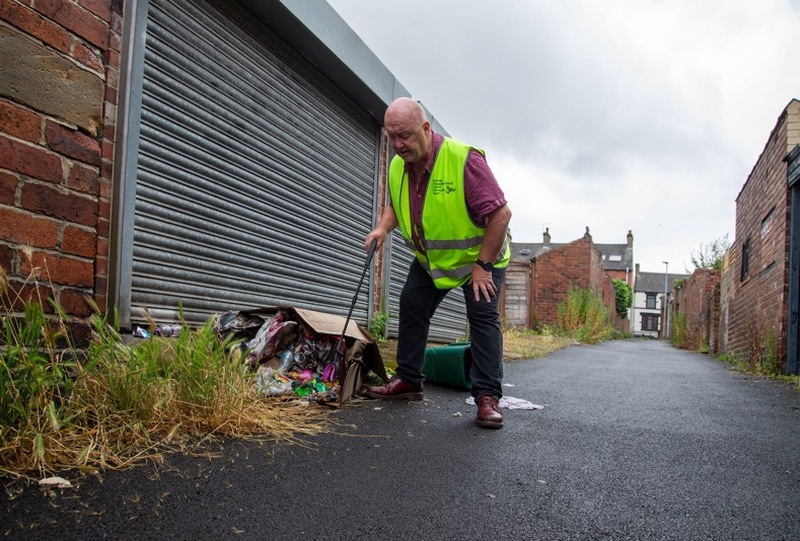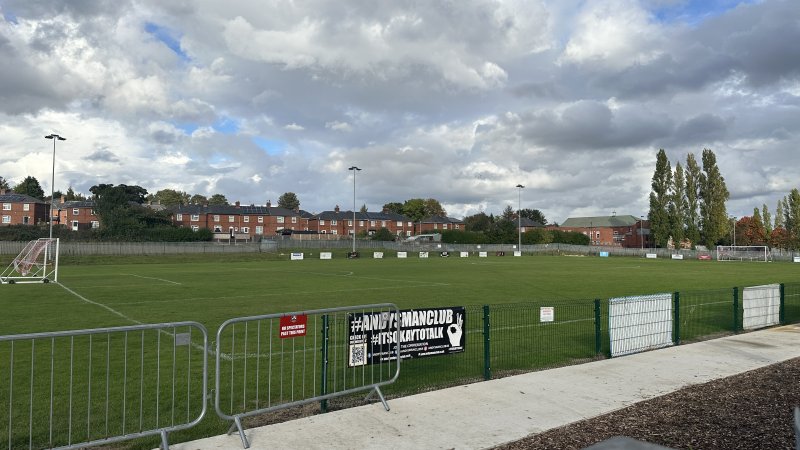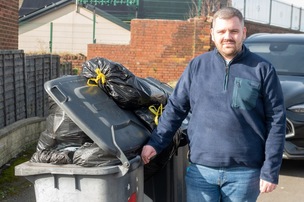BARNSLEY’S fly-tipping blackspot - which had more than twice as many reports of illegal dumping than anywhere else in the town last year - must be targeted in order to tidy up its appearance, an angry councillor has urged.
Kingstone’s figures - which topped 1,058 in 2023/24 - dwarf those of other wards in the borough, with only Central and Dearne North posting more than 500 incidents in the financial year.
So far in the 2024/25 financial year, the trend is continuing with Kingstone accounting for 236 tips in April and May alone, much higher than even its own figures for the same time last year when 105 occurred.
Coun Steve Bullcock, who represents the Liberal Democrats in Kingstone, blasted the findings which were revealed by Barnsley Council as part of a Freedom of Information request.
“I’ve been saying for a long time - way before I was elected as a councillor - that Kingstone’s being treated as an unofficial dump-it site by many people,” he told the Chronicle.
“It posted much higher records than anywhere else in the borough last year and accounts for about a quarter of the town’s annual fly-tipping figures, which is just astounding.
“More alarming is the fact that the first two months of this financial year are more than double what Kingstone posted for those months in 2023 - it really isn’t worth thinking about its appearance if that rate continues.
“Greater emphasis and strategic efforts should be centred on Kingstone and its neighbouring wards.
“If we can drive the numbers down it will improve the Barnsley picture massively and our town will become so much cleaner - sometimes we have to speculate to accumulate so the time now is for action, not just increasing financial penalties for offenders who may or may not be identified.”
Latest figures from the Department for Environment, Food and Rural Affairs (DEFRA) revealed there were 4,404 fly-tipping incidents in Barnsley in the year to March 2023 - a slight decrease from 4,549 in 2021/22.
In Barnsley, most of the fly-tipped waste was discovered on council land, accounting for 34 per cent of recorded incidents, followed by 29 per cent in alleyways.
The largest proportion of discarded waste was household waste, making up 57 per cent of all incidents.
An environmental crime plan - paving the way for heftier fines - was approved by ruling cabinet members last month which will see a £400 penalty for between one and five bags’ worth of waste left, while five or above will climb to £1,000.
Graffiti cases will see fines double from £100 to £200, while householders’ punishments for allowing illegal waste carriers to take rubbish away will also double from £200 to £400.
However, while the threat of larger penalties has been welcomed, Coun Bullcock believes better enforcement is still required after it was revealed just seven people were prosecuted at court in a year.
“The council’s own figures show taxpayers spent £265,000 in the last financial year clearing reported fly-tipped waste,” he added.
“It is an eye-watering amount and a cost we could well do without, but something our council simply have to do to is keep our streets and alleyways free of fly-tipped waste and reduce risk of vermin and disease and stop property prices from declining.
“We should not have to spend over £250,000 on clearing something that should not be on our streets in the first place.
“A previous FOI request to the council revealed that to resolve every report the average cost equates to £96.80, so for Kingstone’s reports alone it’s more than £125,000.
“Increasing penalties for offenders is just one very small deterrent but will mean little unless offenders are reported, identified and finally prosecuted.
“Perhaps greater emphasis should be focused on the known hotspot areas of any specific council ward providing greater proactive education and surveillance leading to detection and finally prosecution.”



























